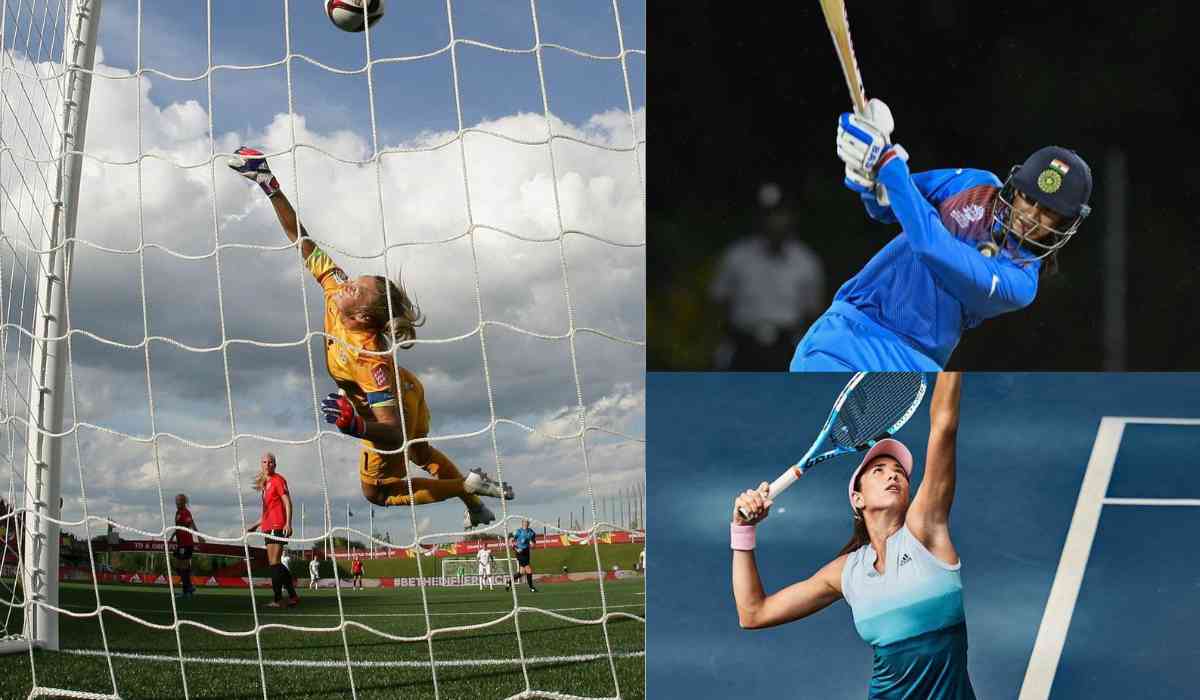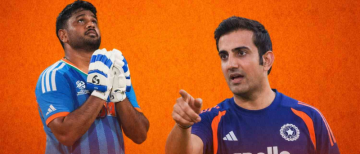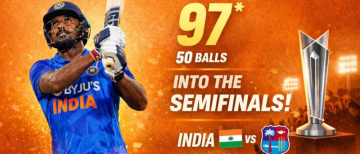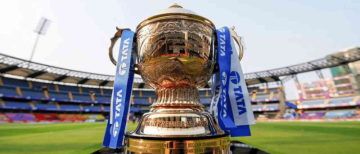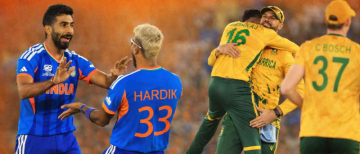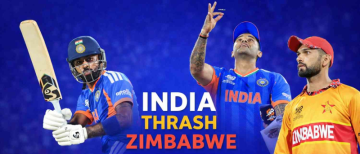FIFA (International Federation of Association Football) is rolling out fresh protocols to ensure the well-being of players and coaches during pregnancy and post-childbirth.
These new regulations are set to take effect on Saturday, June 1st. These are built upon the maternity leave policy introduced in 2020, now extending benefits to coaches, non-biological, and adoptive mothers. The FIFA Council greenlit these updates last month.
Here are the fresh FIFA Maternity protocols for Players and Coaches
- A minimum of 14 weeks of paid maternity leave.
- A minimum of eight weeks paid leave for those who adopt a child younger than 2.
- A minimum eight weeks paid for women who are non-biological parents of newborns.
- Clubs now have more freedom to add players outside of the transfer window when players take maternity and parental leave or return from it.
- For Players: A paid time off from matches or training because of menstrual health.
- Encouraging member associations to provide family-friendly environments for players with children.
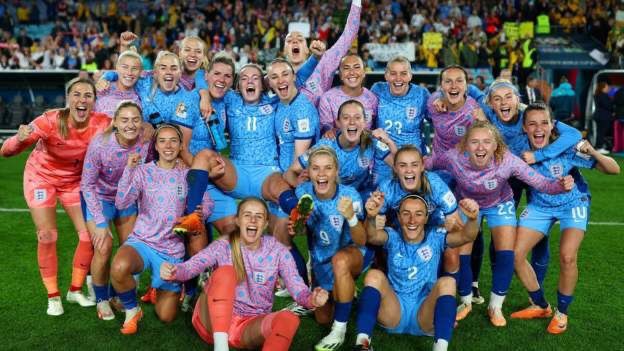
Now that we have talked about Football, let’s take a look at how other sports International bodies have maternal protocols.
Tennis: Women’s Tennis Association
- Maternity Leave Duration:
- Maternity leave is for up to two years. During this period, players are not required to compete to maintain their ranking status.
- Special Ranking:
- The WTA safeguards a player’s ranking the day she stops playing for use to enter tournaments when she returns to competition; referred to as a “Special Ranking.”
- This helps ensure that players don't lose their standing and can compete at the same level as before their leave.
- A player may enter eight tournaments using the ranking she earned immediately prior to her maternity leave up to three years after the start of that maternity leave.
- This Special Ranking can be used for entry into competition, at present, however, the rule does not allow its use for seeding purposes.
- Special Seeding Rules:
- Players returning from maternity leave may be eligible for special seeding considerations to prevent them from facing top-seeded players in the early rounds of tournaments, thus providing a more balanced reentry into competition.
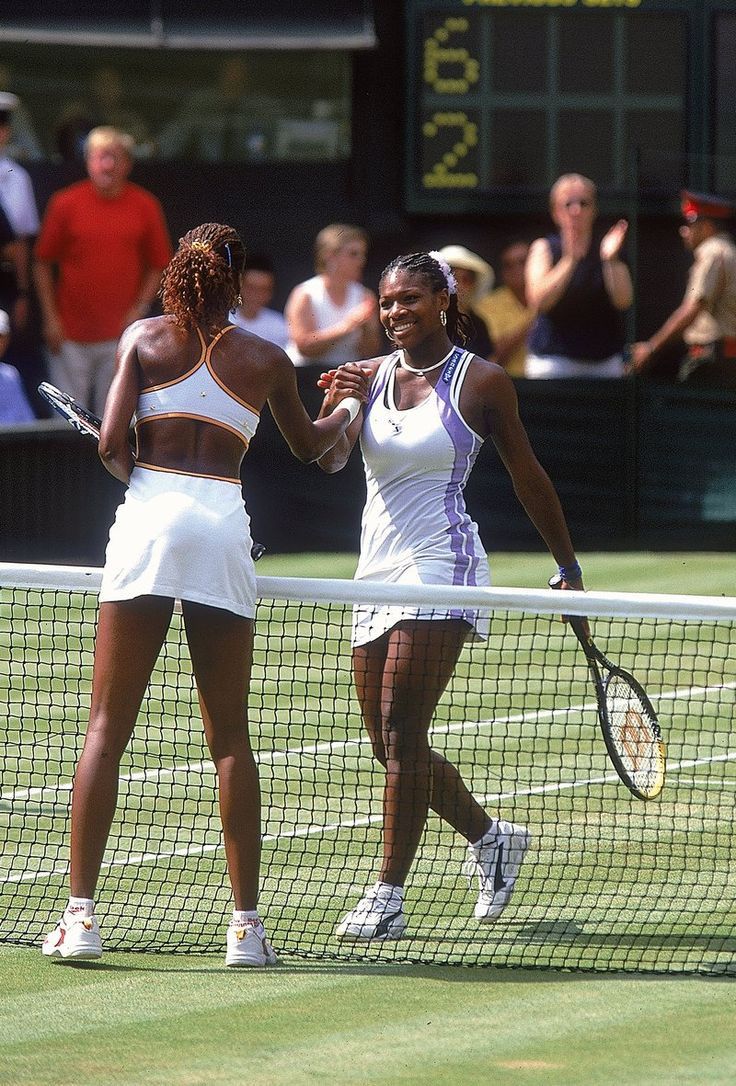
Cricket:
Australian : Cricket Australia
- 12 months of paid parental leave for players with state, national, or Big Bash contracts who give birth or adopt.
- Guarantees players a contract extension for the following year, plus other benefits and support until the child is four years old.
- Guarantees contract extensions for following year
- Benefits and support until the child is four
- Three week paid leave for partners expecting or adopting.
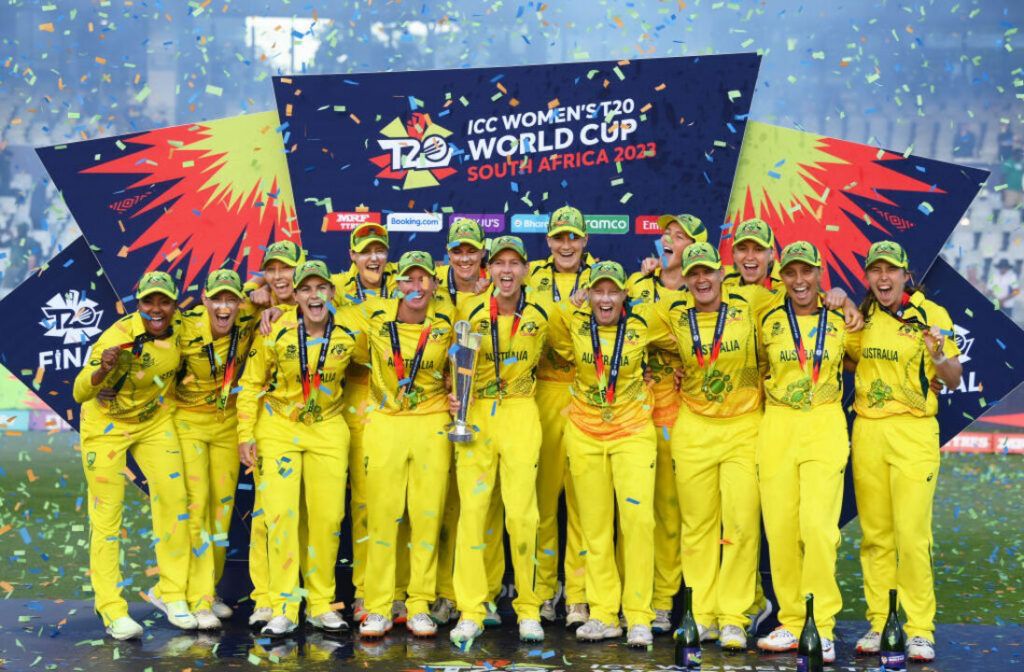
Pakistan: The Pakistan Cricket Board
- Both male and female athletes are accommodated under its contracts.
- Players can be transferred to a non-playing role until commencement of their maternity leave
- 12 months of paid maternity leave
- Guaranteed a contract extension for the following year
- Physical training and support to rehabilitate them post-childbirth upon return.
- Male cricketers are now allowed concessions, and will be entitled to a month long paid paternity leave.
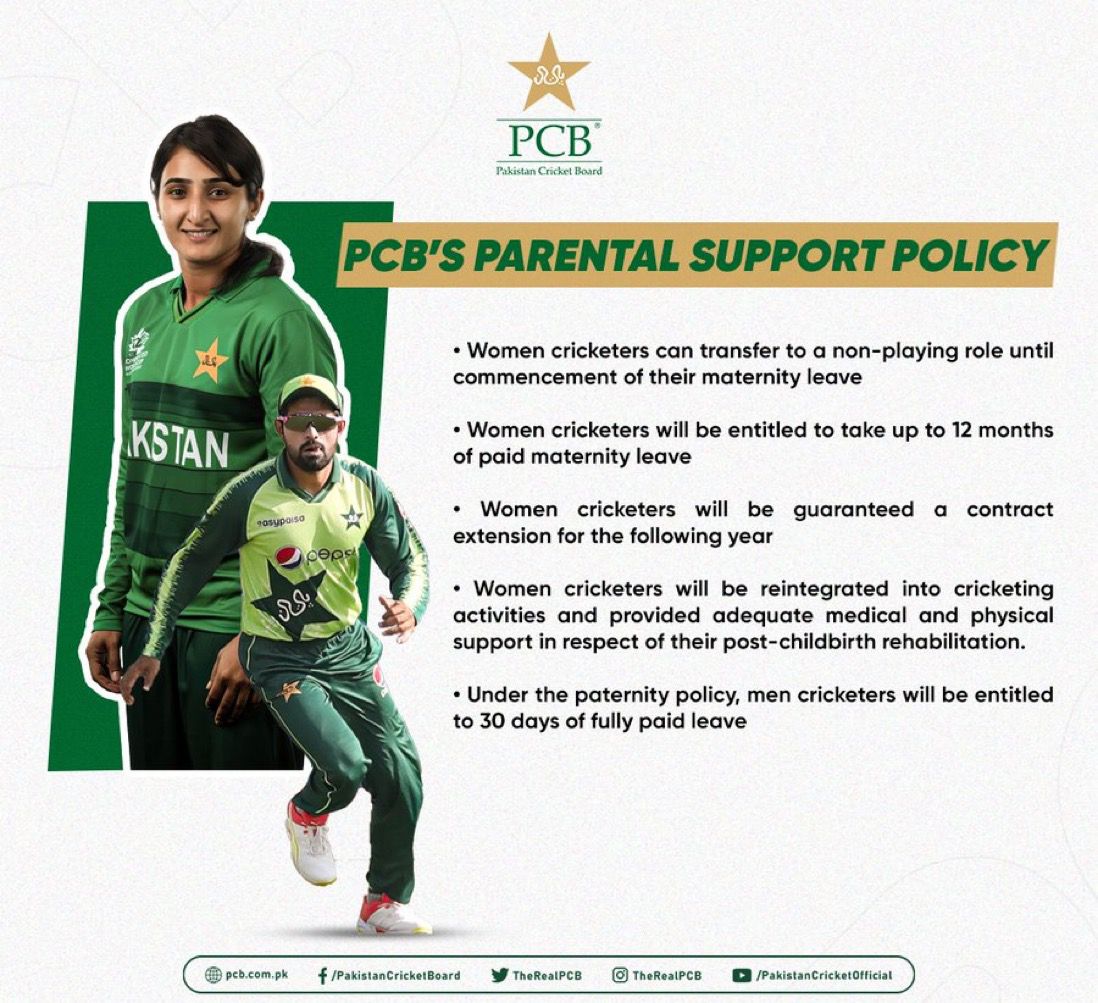
New Zealand
- Women will be paid her full retainer throughout and, although possibly fulfilling some off-field contractual obligations.( these players are guaranteed an annual retainer based on a sliding scale and can earn between NZ$44,000 and NZ$64,000, with match fees of up to NZ$16,000 ($10,283) on top)
- Player will not be required to train or play.
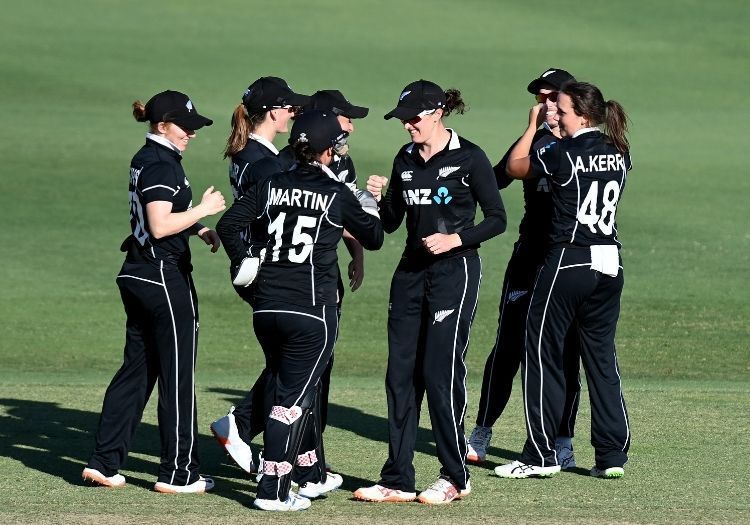
India: The BCCI lacks any maternity or paternity leave policy for their players.
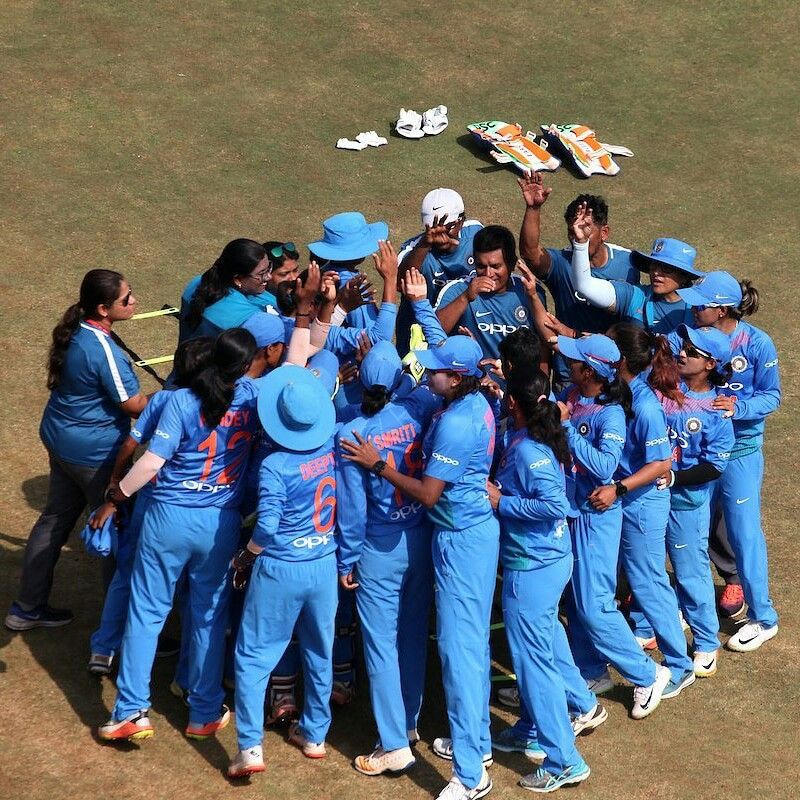
Overall, these were the maternal policies of mainly three sports, Tennis, Cricket and Football. Now that FIFA has levelled up its maternal policies, it can be seen as a new standard for ‘supporting’ women or even new parents in International sports.
© Copyright 2024. All Rights Reserved Powered by Vygr Media.

